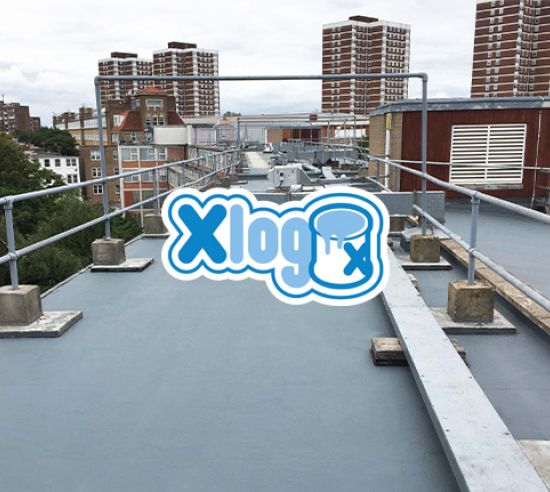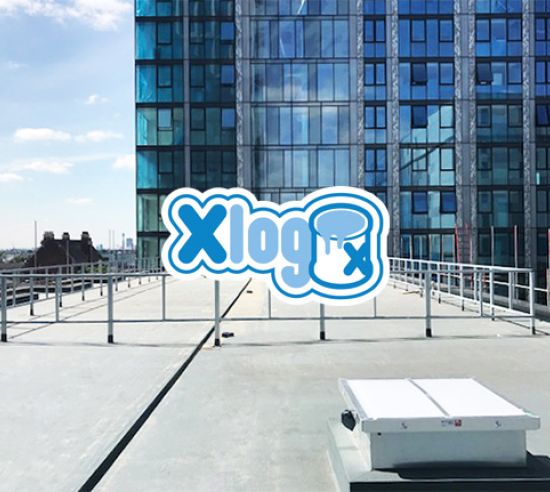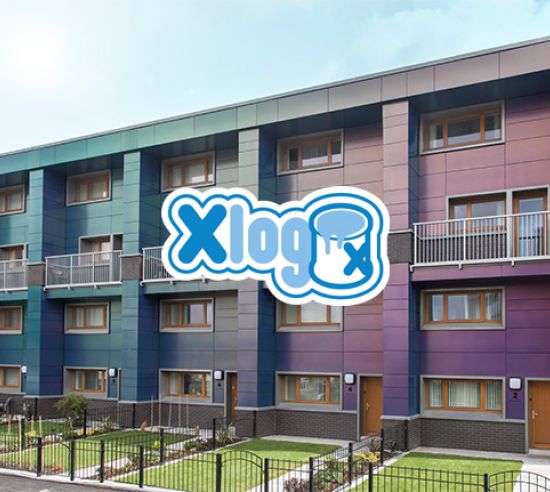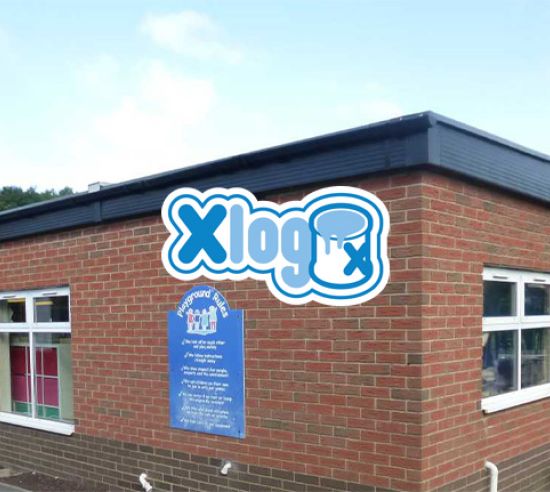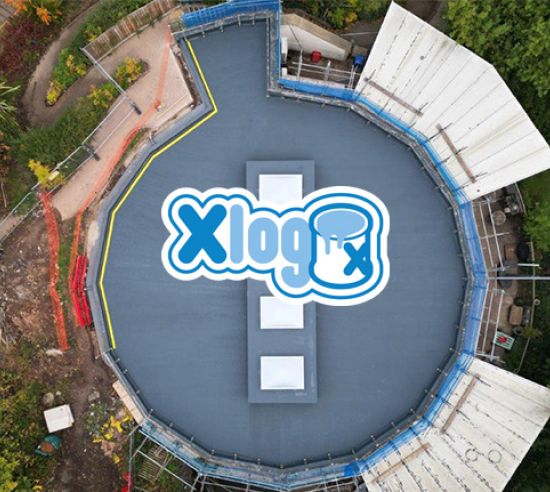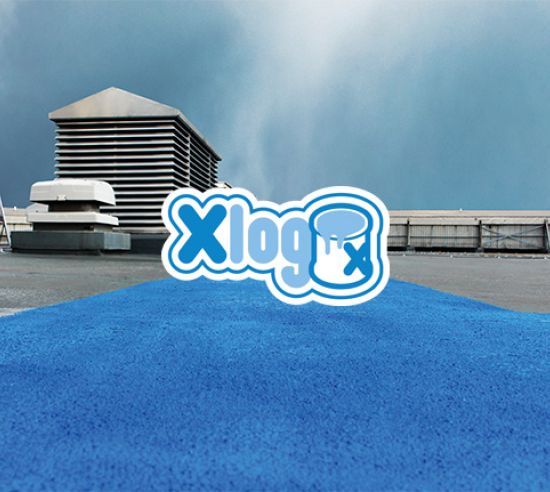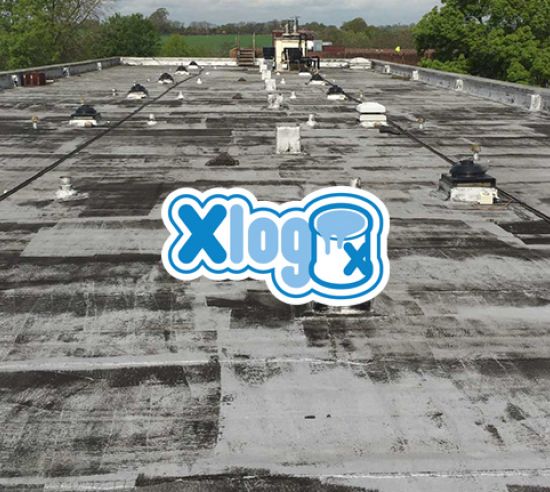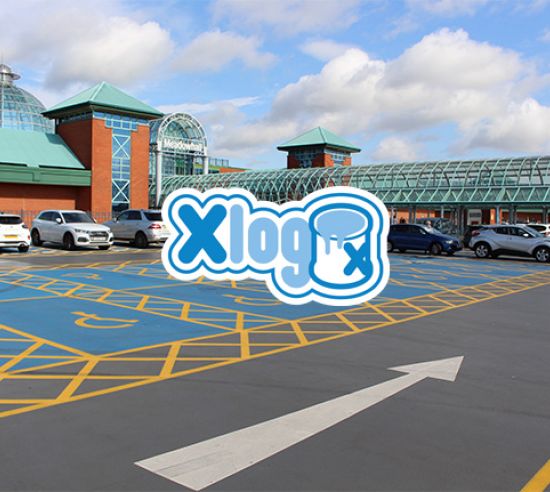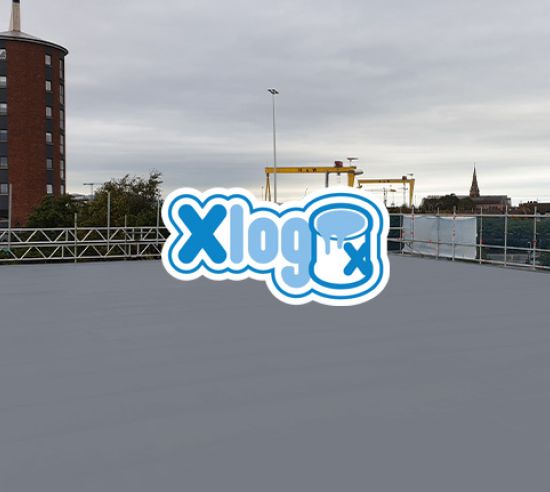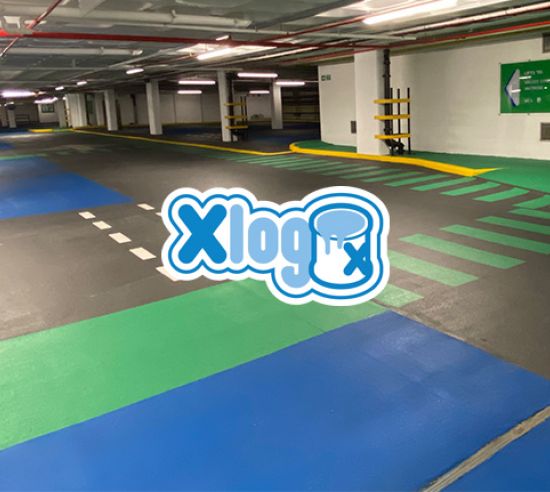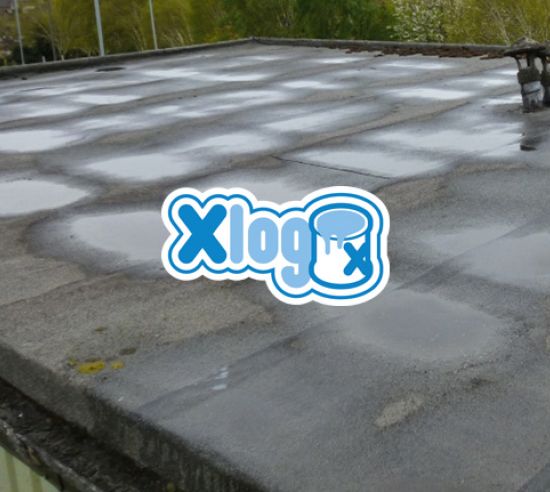Cold, liquid applied resins are the fastest growing market for the waterproofing and surfacing of flat roofs, car parks, walkways, balconies and terraces due to their advantages over traditional and hot applied materials. But it is a situation of ‘buyer beware’ because not all resins are created equal.
In the UK we are known for talking about the weather, and with good reason in our temperate climate. In practice, there are very few days that are rain free across the country, especially when we move out of the two or three months that we call summer.
If you are a building surveyor, contractor or owner this fixation with the weather forecast can be critical as wet and cold days can cause significant delays with external works. Ultimately, the more opportunities you have for the products to be installed, the sooner a project can be completed and handed over. For owners end clients this simply means less disruption.
With the right liquid system, buildings and access can remain open during the works and continue to operate with minimal disruption. Every day lost to the weather costs money and extends the programme.
This is where Triflex PMMA, or Polymethyl Methacrylate systems to give them their full chemical name, really shine. PMMA cures exceptionally rapidly, and even very low temperatures cause only a very minimal extension of their cure times. This is a unique property of PMMA resins and something which cannot be matched by any other hand applied material.
The typical time for a PMMA system such as our Triflex ProTect roof waterproofing system to be rainproof is only 30 minutes and if rained upon before this time the system will not react with the water. The system will be cured and able to be walked upon after only 45 minutes at 20°C and approximately 60 minutes at 0°C. In addition, as the system is applied in a single process often without primer the contractor only needs one very brief weather window to apply.
Yes, the fully reinforced system takes a short time to apply, but typically with a team working together even large areas can be securely waterproofed in a single day. For balconies, walkways and car park ramps for example where access restriction must be minimised yet multi-layer systems are required these can still be completed in a single day and in the case of car park ramps are often completed overnight with no disruption to operations.
The curing of PMMA is based on a chemical crosslinking process and neither temperature or atmospheric humidity have any significant impact. The resins are completely solvent-free, do not rely upon either moisture to trigger the reaction or solvent to evaporate and have the additional advantage of being free from isocyanates and styrene which can offer significant health and safety benefits to the operatives and those indirectly exposed. Once cured, the resin forms a fully bonded inert waterproof surface.
Many other systems that you will come across are based on alternative chemistries – most commonly polyurethane (PU) and polyurea (PUA). In complete contrast, most polyurethane systems require a primer which may take between 6-12 hours to cure and multiple (often 2 or 3) application coats for the waterproofing layer each of which may take 6 hours or more to dry/cure at 20°C and much, much longer at lower temperatures. As a minimum, most contractors will allow 3 days to install a solvent based polyurethane system compared to one for a Triflex PMMA system. These systems also often have long rainproof times meaning that if it rains during the extended curing process the contractor may need to start the whole process again.
With Triflex PMMA systems you even have the benefit that you can work all year round. All you need is a weather window of just a few hours without rain, rather than an entire day or more, ensuring your effective waterproofing season is uninterrupted. And here’s the real rub, with a PMMA resin from Triflex the curing time is not temperature dependent, so it can be installed all year round down to temperatures of 0°C and -5°C for details, so that’s winter covered as rarely does anyone want to be working outside below freezing.
Where it also shines is in the overall installation cost. Triflex PMMA resins not only allow the installer to maximise weather windows but massively cut down installation time and time on site as a whole. This means there is a reduced need for access to a building or roof, lower scaffold costs, less labour time for the installer and greater productivity
Ask yourself do you find yourself looking at the sky or perhaps the weather app on your phone and scratching your head trying to work out if you or the contractor you’ve employed can get that flat roof, car park or other application finished on a particular day? Perhaps you decide it is better to leave it until later in the week, or even later in the year? In the mean-time, is your customer or tenant screaming at you to get the job done because of the restrictions to access or disruption, or because they are losing revenue?
Perversely many waterproofing issues will be discovered in the colder autumn and winter months of the year when it is colder and most likely to rain or even snow. Chances are your customer wants their issue solved, and they want it solved quickly before there is too much damage.
By using a Triflex PMMA system, if you are a building surveyor you can solve your client’s waterproofing problem quickly, if you are a contractor you can work all year round and if you are the building owner your problem is resolved promptly, with minimal disruption. Now that’s what we call a real win-win situation.



